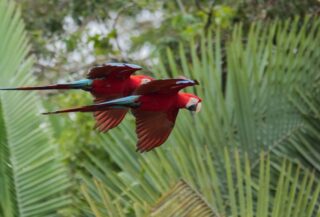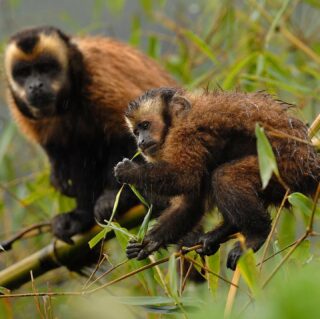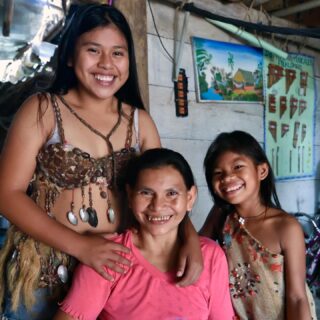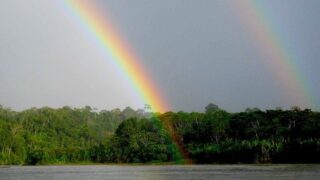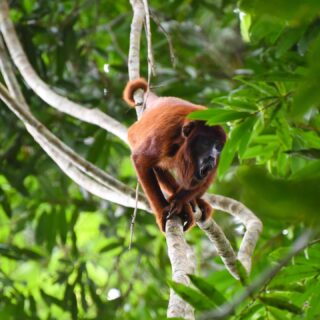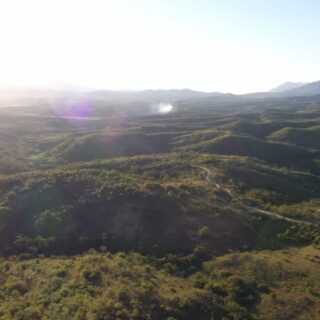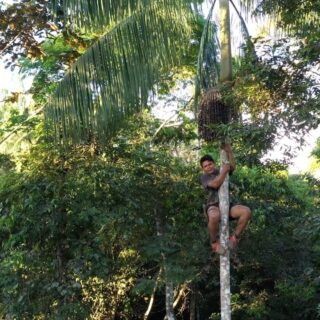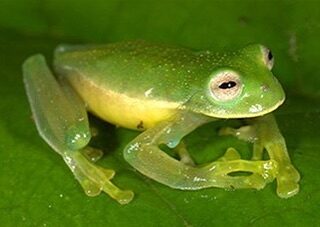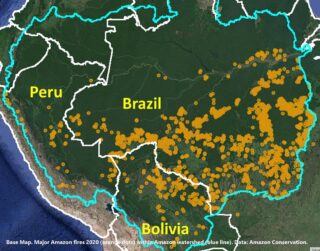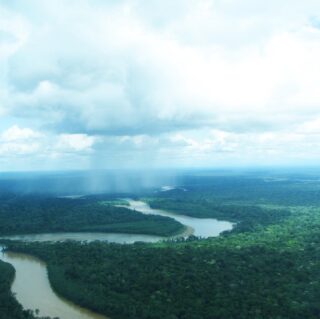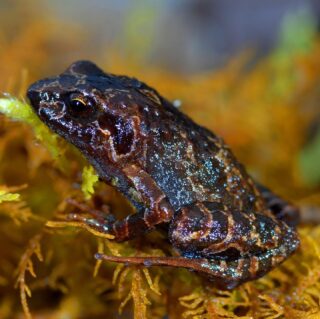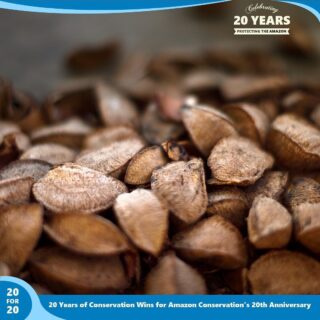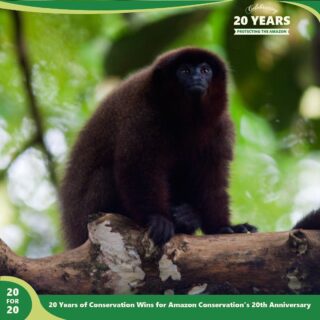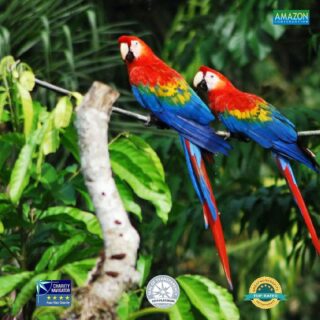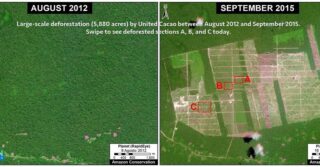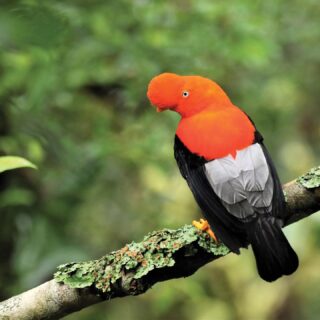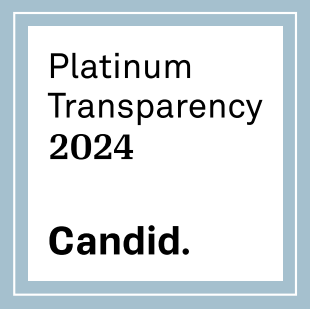Trans-oceanic Highway Project Presents Key Challenges for Conservation and Sustainable Development
March 22, 2006
 A project that is already underway to upgrade existing roads linking Brazil to the Pacific Ocean will bring significant challenges for conservation and land use planners in southeastern Peru. In March, ACA joined more than 200 participants including Peruvian government authorities, regional environmental commissions, indigenous and native communities, representatives from academia and civil society in a workshop to facilitate discussion among the regions of Cusco, Puno and Madre de Dios on local opportunities and sustainable development and conservation issues around the construction of the highway.
A project that is already underway to upgrade existing roads linking Brazil to the Pacific Ocean will bring significant challenges for conservation and land use planners in southeastern Peru. In March, ACA joined more than 200 participants including Peruvian government authorities, regional environmental commissions, indigenous and native communities, representatives from academia and civil society in a workshop to facilitate discussion among the regions of Cusco, Puno and Madre de Dios on local opportunities and sustainable development and conservation issues around the construction of the highway.
One of the results achieved during this first workshop was a general consensus regarding the need to work together to ensure sustainable development, particularly in the biologically fragile Madre de Dios–Cusco region. Many discussions focused on the need to generate employment and improve the quality of life and social conditions in the region, while conserving biodiversity and maintaining the connectivity between the three regions’ unique ecosystems.
A strategy has been proposed, based on planned development and sustainable management of natural resources, to promote:
- Local capacity building
- Information access and exchange
- Independent monitoring and evaluation of social and environmental impacts related to the project
- Close collaboration among existing protected areas, and establishment of ecological and productive corridors with non-timber forest concessions, conservation concessions, ecotourism and reforestation, and community and indigenous reserves
- Incentives for forest protection.
ACA will continue to work closely with all the parties engaged in these discussions, to propose and implement viable solutions to these critical challenges.

